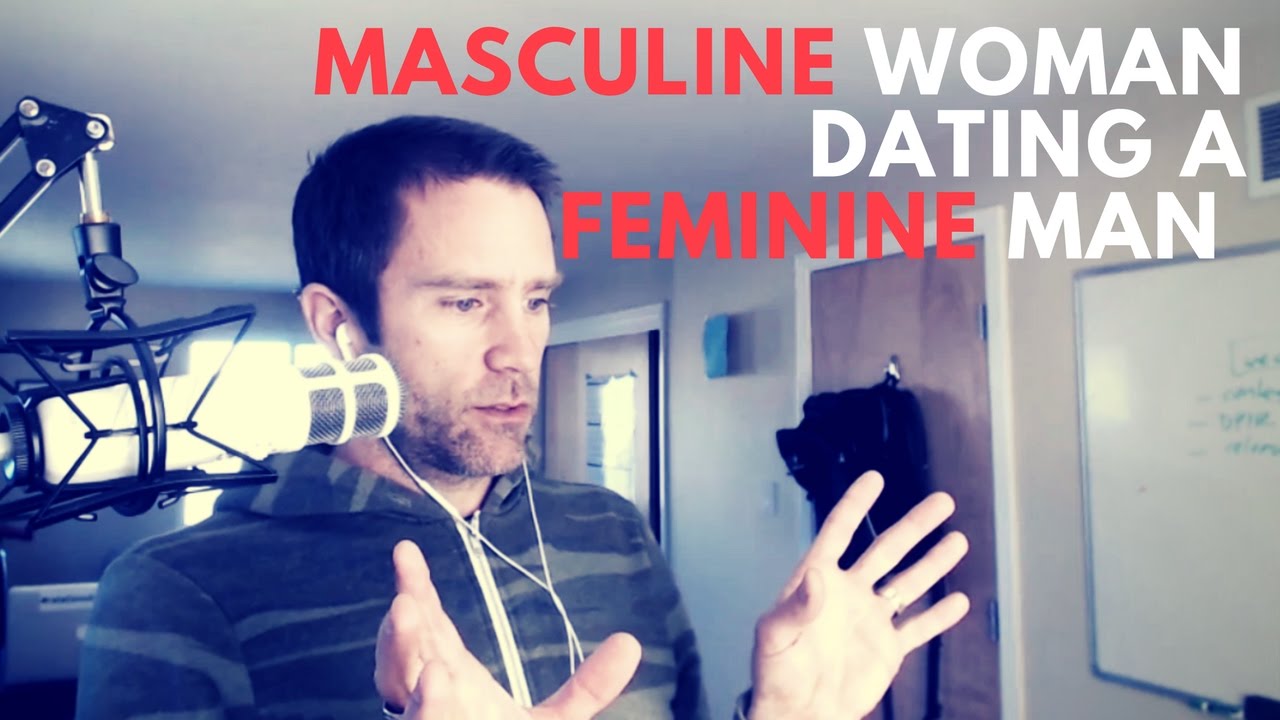Anyone who’s been in any type of relationship can attest to the fact that they’re not easy. Whether it’s a friendship, partnership, work relationship, or family relationship, there will always be conflicts and challenges to work through.
The good news is, though, that relationships aren’t impossible. While we aren’t born with an innate sense and ability to fix every issue that arises, it can be learned. Sometimes a simple shift in mindset or viewpoint can go a long way toward repairing a connection or improving communication.
That’s where the help of a relationship coach comes in. Having someone to talk to and help you navigate difficulties can guide you toward more fulfilling relationships and deeper connections. The benefits of hiring a relationship coach are numerous, but here are five to start.
1. A relationship coach can help you reach your goals.
We all would like to feel fulfilled in our relationships. A relationship coach can help you identify where you want to be in your relationship, how to get there, and what might be holding you back or causing rifts.
Identifying your goals as well as your partner’s can help ensure that you’re on the same page—and a coach can help you formulate a plan to reach them. But relational goals are probably not something we’ve all sat down and written out, much less thought about. Trained coaches can help bring out those goals from under the surface and help hold you accountable to lead you toward a stronger bond with your partner.
2. A relationship coach can help you deal with conflict and turn it into growth.
Conflict may seem like a negative element of relationships, but any friction is always an opportunity to learn. When we are directly involved in a relationship, we often let our emotions cloud our judgment and hinder forward progress, keeping us stuck in the same patterns.
Relationship coaches can help you draw out the true meaning behind discord you and your partner may experience, revealing truths that can heal and repair ruptured connections. Coaches can guide you gently toward the resolution you seek and the progress you desire, allowing you to move forward and grow together based on your personal needs.
3. A relationship coach can guide you toward a deeper level of connection with a strong relationship foundation.
We all want to feel connected with others, especially our partners. When we feel that the partnership bond is lacking or that the connection is too surface-level, it can leave us feeling isolated. We may not necessarily recognize when that’s the case—we may just know something is “off.”
Relationship coaches can provide an objective third-party viewpoint while using your own feelings and insights to help you identify issues and gaps you want to fill in your partnership. The coach will help you find the solutions that work for you and your partner to establish that connection that the relational foundation is built on.
4. Relationship coaches can bring you back to real-life connections in today’s digitally connected world.
While our global community is more connected today than ever before, the digital landscape can make it increasingly difficult to navigate the real-life interactions of a partnership. Closing our social media apps or blocking a friend online isn’t something we can do with a face-to-face partner, and it’s important to keep in mind the differences we experience between the digital and the personal.
Maintaining true human connection takes skill, and relationship coaches are here to help build those skills. While relationship difficulties will never go away, we can learn to navigate them and come out stronger to forge those connections we all crave.
5. The skills you learn from a relationship coach can benefit every type of relationship you build.
It’s important to remember that relationships aren’t just limited to romantic partnerships—and that conflict can occur in any avenue of relationship we experience. The skills and techniques you’ll learn from a relationship coach can benefit many areas of your life, from personal relationships to professional and everything in between.
Further, once you learn how to identify your goals and navigate conflict in a partnership, turning it into growth, you’ll be able to better identify situations in which you can do the same in other relationships. You’ll find that the skills are applicable to many situations and you may even be able to use them to help others in similar scenarios.
If you’re ready to find a relationship coach or to get more information, click here.
_____________________________________________
Photo Credit: Natasha Hall – Unsplash












Trackbacks/Pingbacks